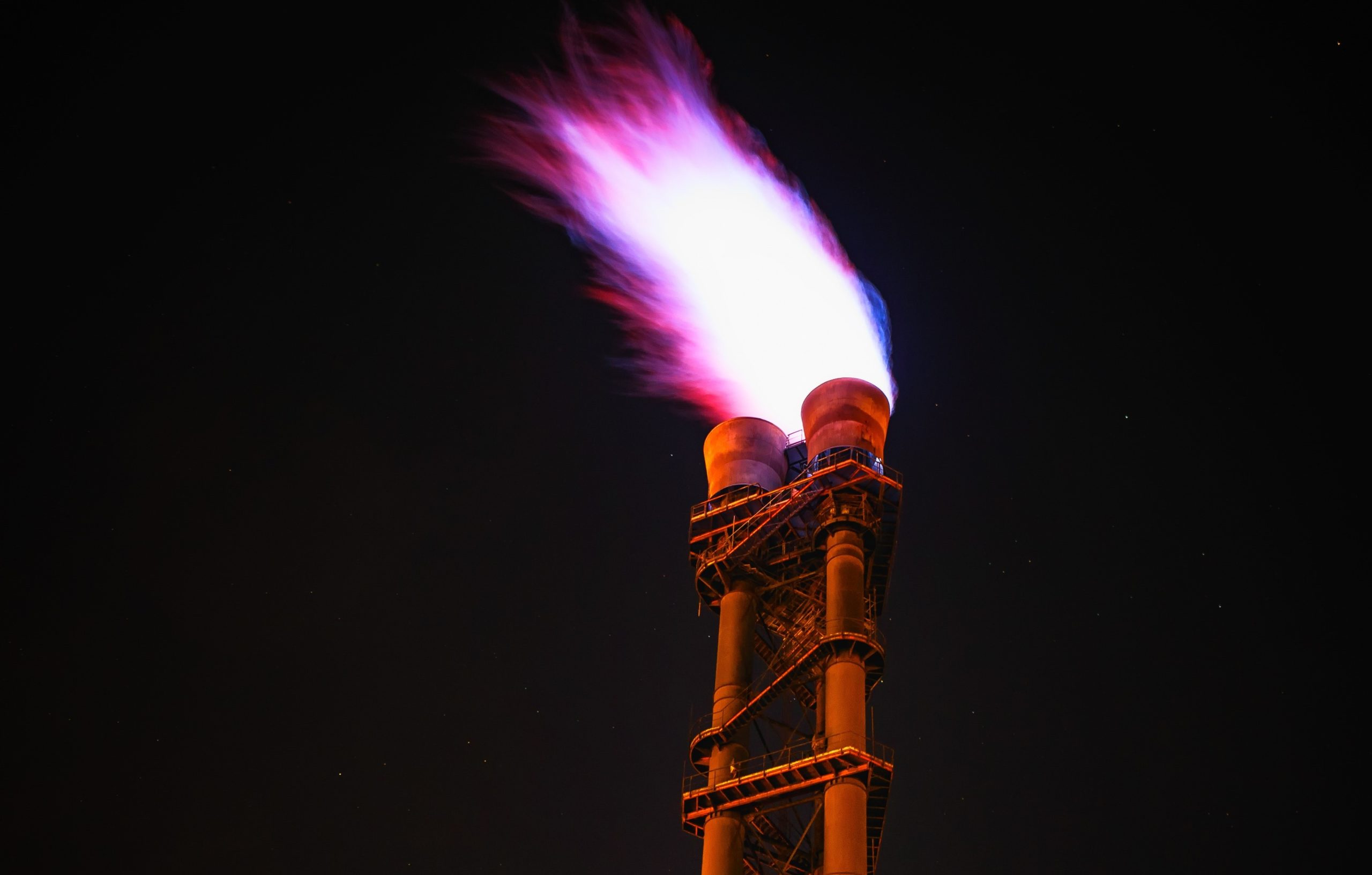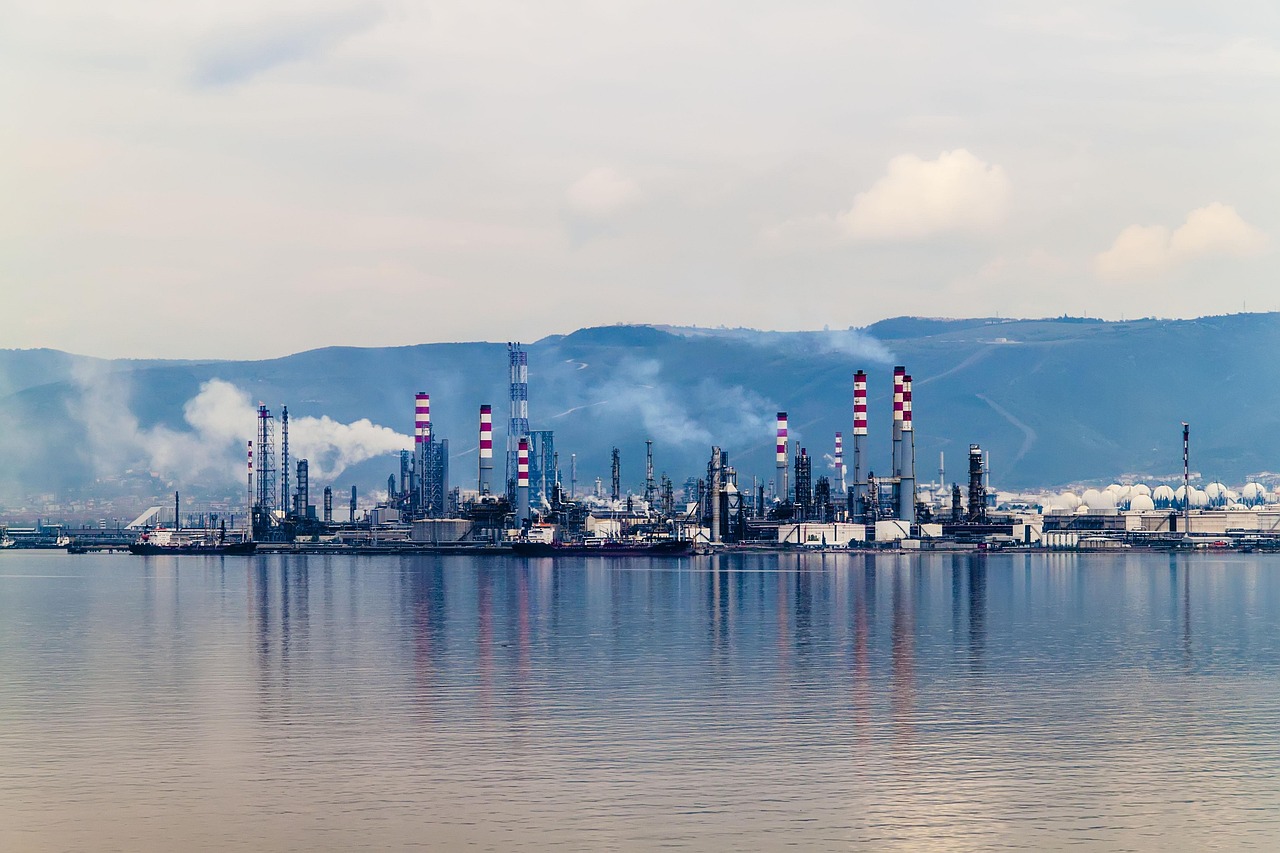
This is the gas pipeline through which Hungary currently receives Russian gas.Continue reading

Politically motivated energy sanctions are killing Europe’s competitiveness and have a serious impact on living standards. Therefore, new resources and supply routes should be attracted as soon as possible, Minister of Foreign Affairs and Trade Péter Szijjártó said in Bucharest on Monday.
Speaking at the European Gas Conference, the minister warned that the energy market on the continent is facing a serious crisis. The reason for it is the same as that of falling competitiveness, namely that the liberal mainstream is taking an ideological approach to issues of an exclusively physical nature.
In his speech, he said that this is particularly problematic in the case of energy supply, because you cannot heat or run an economy with press conferences and political statements. He emphasized the importance of attracting new resources and creating new transport routes, and also spoke out against energy sanctions and artificial restrictions. According to him,
discrimination against certain suppliers for political reasons has a serious impact on the living standards of Europe’s population and on competitiveness.
Outlining the Hungarian government’s position, he underlined the need to maximize the sources and transit routes and to keep the energy mix under national competence. He also pointed out that energy supply is a matter of national security, and any threat to this is an attack on sovereignty.
He then touched on criticisms of the purchase of Russian gas, arguing that in such a strategic sector, it is only worth changing the direction of supply if there is a better offer – cheaper and more reliable. “Has Hungary ever received such an offer? The answer is clear: no. There is no better offer on the table. So we could only change our current supplier and our current sources if we were ready to switch to a more expensive and less reliable supply,” he pointed out.
“That is why we are not giving up energy cooperation with Russia. And it is also why we will protect the TurkStream pipeline, which is currently the most important guarantee for our security of supply, in every way possible,” he added.
Péter Szijjártó condemned the fact that “the European Union remains silent” when the continent’s energy infrastructure is under physical, financial, and political attack.
He also said that Hungary is working hard to attract new energy sources, which the government wants to use to expand opportunities, not to replace existing suppliers. Hungary is ready to buy liquefied natural gas (LNG) from Qatar from 2027, and last year, for the first time, Turkish and Azeri gas supplies started.
However, he pointed out that
the energy network in southeastern Europe needs to be expanded to ensure effective diversification. The states of the region have approached the European Commission on the matter, but the Brussels body has said no to funding it.
Finally, the minister also referred to the prospect of a new off-shore gas field in Romania, which he said was a source of great hope for Hungary. However, he explained that two trade contracts had been signed earlier, under which the first molecules were due to arrive from the neighboring country in 2024, but for some reasons the US company involved eventually backed out. “We hope that this time the Neptune Deep project will be a real success. We hope to reach commercial agreements and we hope to add new Romanian sources to the Hungarian national energy mix,” he concluded.
Via MTI, Featured photo via Pixabay